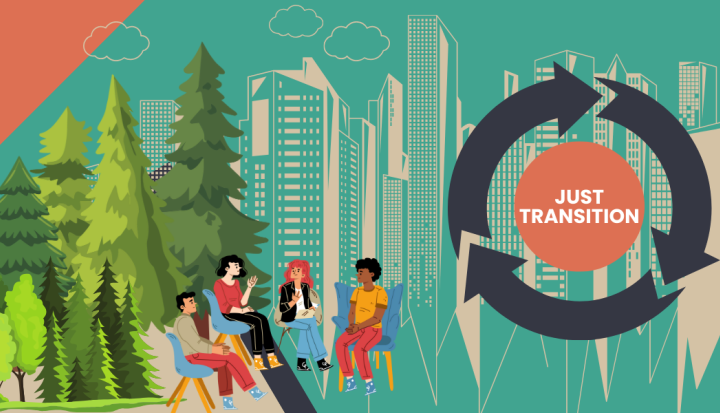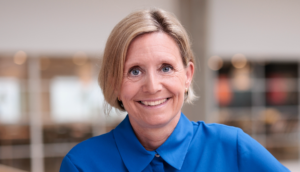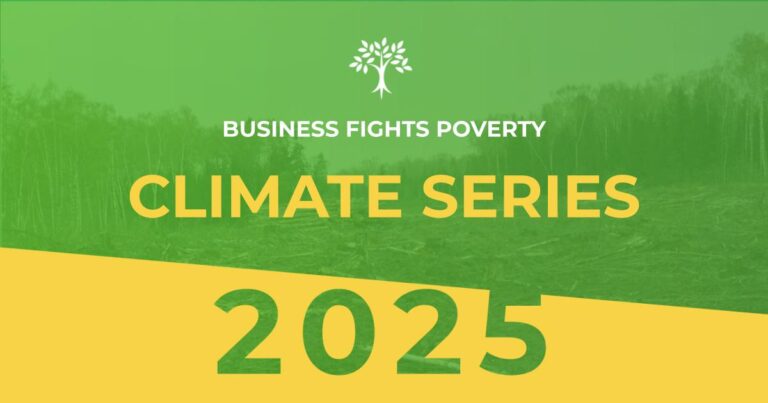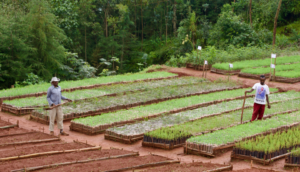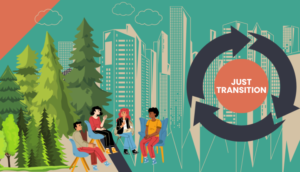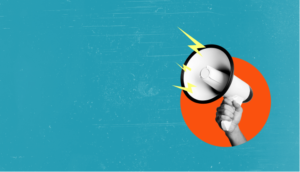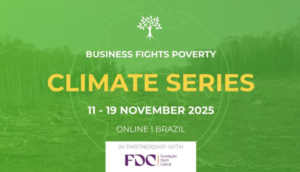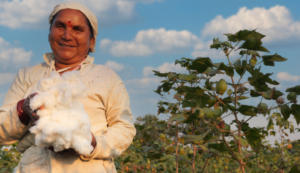The UN’s latest climate report confirmed what many feared: the world has missed its chance to keep global warming within 1.5°C. We are already living the consequences, from extreme weather and food insecurity to the widening gap between those who can adapt and those who cannot.
This moment calls for more than a technical course correction. It calls for a new mindset that looks beyond net zero. The focus can no longer rest solely on cutting emissions; it must extend to regenerating the systems that sustain people and the planet.
Bill Gates recently wrote that “we must tackle poverty and disease alongside climate change.” The piece has stirred debate among sustainability leaders, with some arguing it distracts from the urgency of climate action. But rather than a distraction, it highlights a critical truth: for millions of people, climate change is not a new crisis. It is another layer of instability in lives already shaped by limited access to secure livelihoods, healthcare, and opportunity.
It should not be a binary choice between addressing emissions or tackling inequality. True resilience is built through equity by creating the conditions for people to thrive, not merely survive, in a changing climate.
Poverty does not exist in isolation. It is the result of extractive systems, of how value, resources, and power have been distributed for decades. Yet instead of moving toward more just and regenerative approaches to aid, economies, and governance, we are drifting further away. The rise of protectionism around trade, energy, and even defence risks cementing inequality rather than addressing its roots.
Despite growing climate ambition, most action remains narrow. Businesses can measure and manage what is in their direct control, but the deeper transformation sits in Scope 3, across the complex, often invisible networks of people and production that underpin global trade. It is here that emissions and inequities converge. Addressing one without the other will not deliver climate justice; it will simply perpetuate the same structural imbalance under a new label.
From negotiation to action: the moment for courage at COP30
As COP30 unfolds in Brazil, the world’s attention turns once again to the global stage. After years of negotiating the text of the Paris Agreement, what is needed now is tangible action, not more debate over definitions. Brazil’s call for implementation over negotiation is a reminder that climate ambition must be matched by delivery.
To make that delivery meaningful, diverse stakeholders, especially vulnerable and marginalised voices, must be central to shaping solutions. From farmers and factory workers to recyclers and community leaders, those most exposed to climate and economic shocks carry vital knowledge about what resilience looks like in practice. Their participation is not a matter of inclusion; it is a prerequisite for success.
Momentum is building for this shift. The Belém Action Mechanism (BAM), launched under Brazil’s COP30 Presidency, is pushing for more coordinated global action on Just Transitions, emphasising equity, participation, and social dialogue as essential enablers of climate ambition. This is the kind of joined-up thinking we need: aligning decarbonisation with fairness, livelihoods, and the redistribution of opportunity.
A pragmatic pathway: thriving, not surviving
At The Partnership Collective, we believe the transition to low-impact economies must also be a transition to thriving ones where people, communities, and nature can flourish together.
Our Thrive Continuum helps businesses navigate that path in practical steps:
- Mitigate harm – understand and reduce current negative impacts across value chains.
- Adapt and build resilience – ensure people and communities can withstand and benefit from shifts in climate and production systems.
- Regenerate and thrive – co-design solutions where livelihoods, ecosystems, and economies reinforce each other rather than compete.
It is a framework grounded in the belief that climate action and social equity are not competing priorities; they are interdependent drivers of long-term value.
What business must do next
To move from net zero to real regeneration, businesses need to:
- Embed social and livelihood metrics into climate strategies. Track how transitions affect jobs, wages, and opportunities alongside emissions and water.
- Co-design solutions with those most affected. Farmers, workers, recyclers, and small producers hold vital knowledge about what equitable adaptation looks like.
- Shift incentives. Link procurement, pricing, and investment to fair value distribution, not just volume or efficiency.
- Invest in scale. Move beyond pilots and partner across industry to make inclusive models commercially viable.
This is what a just transition looks like in practice: shared risks, shared value, and shared purpose.
A call to courage
We have passed a critical temperature threshold, but we have not passed the point of no return. The decisions made by business leaders in the next few years will determine whether the transition to a low-impact economy deepens inequality or drives resilience.
If we are serious about sustainability, we must design for dignity as much as decarbonisation.
Because a future that leaves people behind is not one we can sustain.
The Partnership Collective – advisors on inclusive livelihoods and just transitions, helping organisations move from risk to resilience through integrated climate, nature, and social impact.
This article is part of the Business Fights Poverty Climate Series with Fundação Dom Cabral (FDC) taking place during COP30 Climate Summit in Belém, Brazil.
